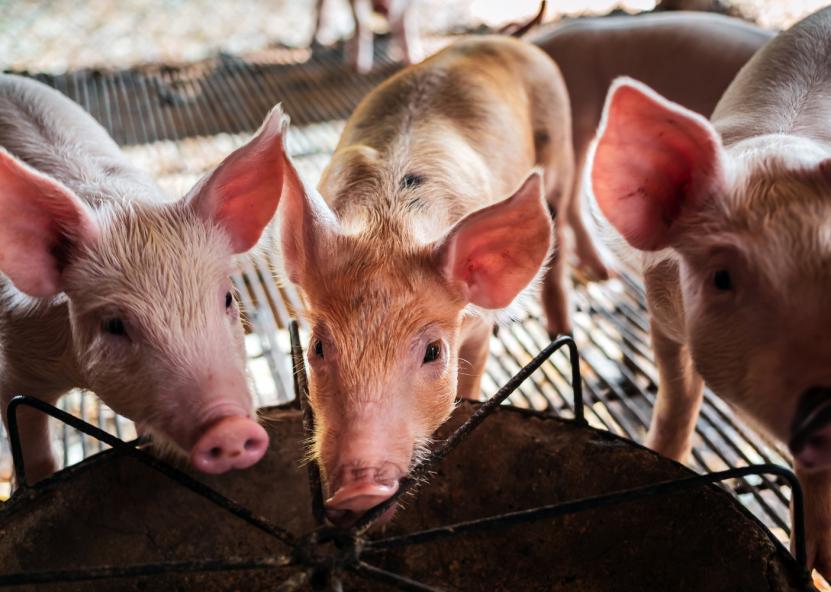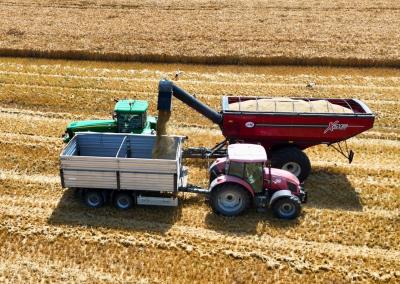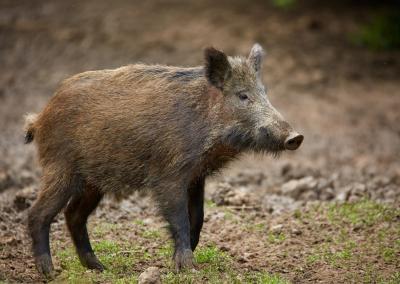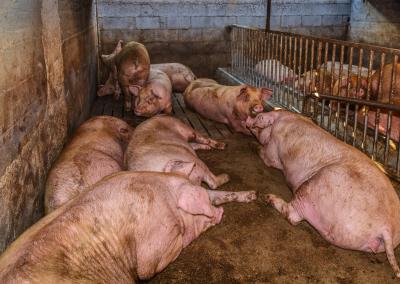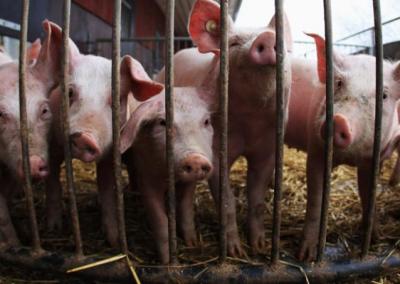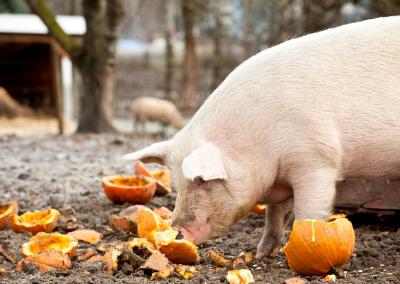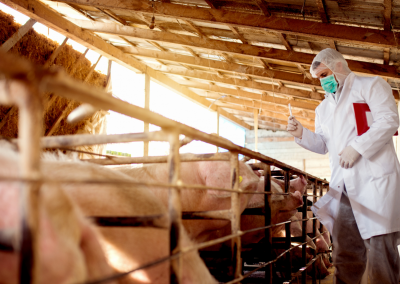K. Navickas: "National support measures to stop the spread of African swine fever are being prepared"
The United Kingdom (UK) has banned from this month imports of pork and pork products from countries where the African swine fever (ASF) virus has been detected in both wild fauna and pig farms. Lithuania will also be hit hard by the ban – 24 of our companies currently export pork to the UK.
Countries with restricted zones II and III due to the ACM virus will not be able to export pork and pork products. Currently, due to the spread of ASF in wild boar, almost the entire territory of Lithuania is in Restriction Zone II. Three outbreaks in pig holdings have resulted in the additional application of a containment zone III.
„New outbreaks of ASF are a matter of great concern. We are monitoring the situation closely and preparing national support measures, but this may not be enough. We are convening an additional meeting of specialists and experts at the Ministry of Agriculture to discuss how to control ASF in wild fauna," said Kęstutis Navickas, Minister of Agriculture.
The UK's unilateral ban, which is not coordinated with European Union countries, will affect not only Lithuanian exports, but also those of producers in Latvia, Estonia, Bulgaria and parts of Poland, which are also in Restricted Zones II and III.
The UK's exemption from the ban applies only to heat-treated pork products where the internal temperature of the product reaches + 80 °C during the production process.
„Upon receiving news of the export ban, we immediately informed Lithuanian companies. Some of the exported products are produced at temperatures below + 80 ° C, so this may affect the volume of exported products,“ – says Vaidotas Kiudulas, Chief Veterinarian of Lithuania.
According to Vaidotas Kiudulas, as ASF in wild fauna is spreading throughout Europe, the biggest challenge is to keep areas free of ASF outbreaks in wild fauna for 12 months. He said that the most important thing now is to take tough decisions to reduce the wild boar population and implement biosecurity requirements.



































































































